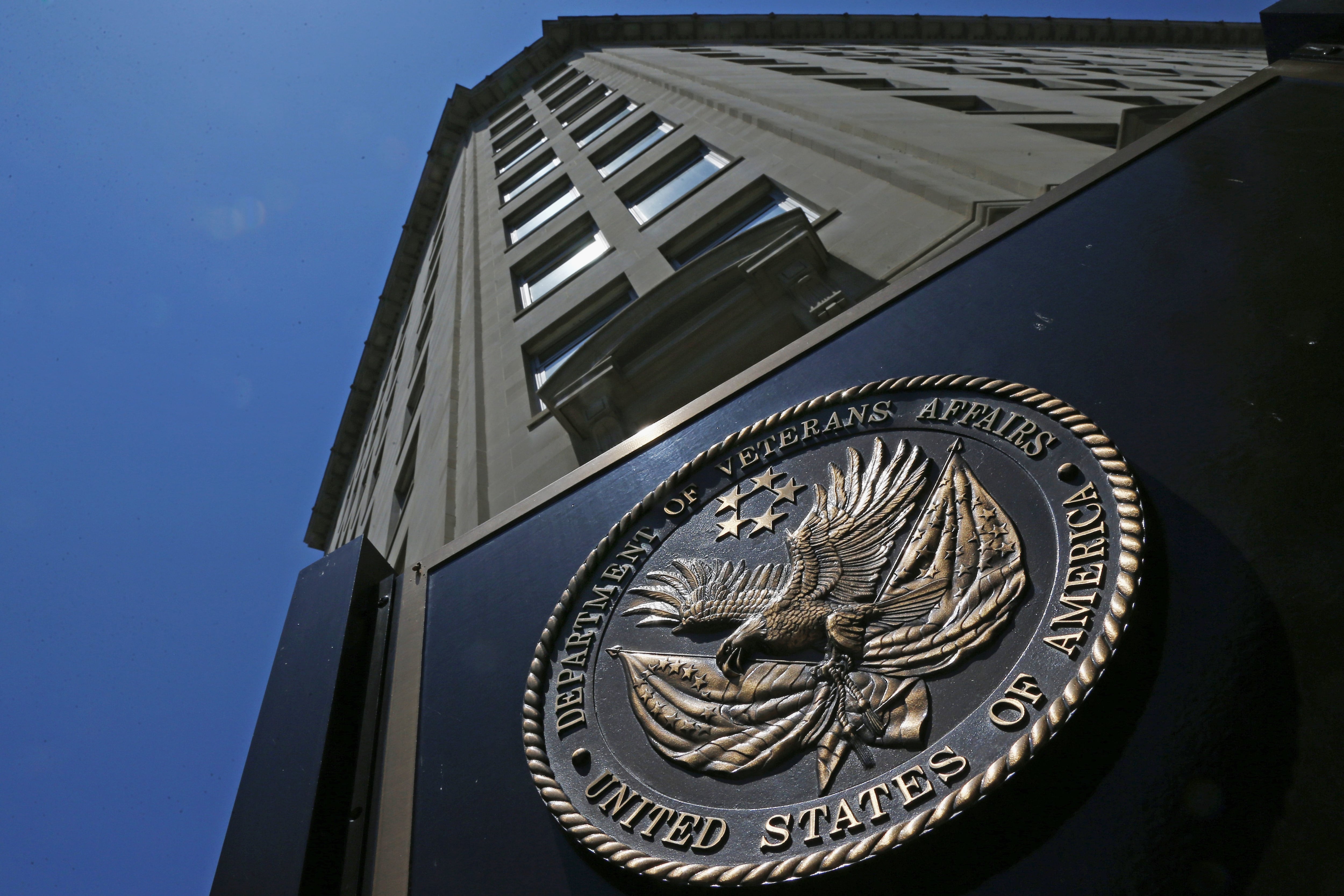Veterans Affairs researchers are launching a clinical trial to see whether a prostate cancer drug could help prevent adverse health effects from coronavirus in men, department officials announced Friday.
Researchers said the drug, degarelix (also labeled as Firmagon), has already shown promise in limited testing. More than 84,000 Americans across the country — including about 1,000 patients in VA care — have died from the fast-spreading virus in the last two months.
In a statement, VA Secretary Robert Wilkie said the new research is an important step towards “advancing knowledge of a potential treatment for those infected” with the virus. “We are here to do everything in our power to preserve and protect life.”
RELATED

Degarelix is often used to treat advanced cases of prostate cancer by suppressing the body’s production of male hormones. Researchers working on coronavirus treatments have found that those same hormones may trigger the production of certain proteins which COVID-19 uses to enter lung tissue and cause severe health problems.
Researchers from the University of Alabama at Birmingham and Columbia University will work with VA staffers on the new trials, which is expected to last at least four months.
Work will be led by staff at the West Los Angeles VA Medical Center but also include contributions from VA medical centers in New York and Washington state, as well as the Prostate Cancer Foundation/VA network of centers of excellence.
The study is focused only on men. Researchers said the drug would not likely be suitable for women because it could have the opposite effect it does on men, raising their problematic protein levels and putting their health at further risk.
White House officials on Friday announced plans to develop and widely distribute a vaccine for the deadly coronavirus by the end of 2020, an ambitious goal that scientists have said could be impossible to achieve.
RELATED

President Donald Trump said the project, dubbed “Operation Warp Speed,” will “bring together the best of American industry and innovation, the full resources of the United States government, and the excellence and precision of the United States military.”
In recent months, Trump has suggested that scientists may be on the verge of finding breakthrough treatments for the virus, including specifically trumpeting the anti-malarial drug hydroxychloroquine as a potential cure. Food and Drug Administration officials in recent weeks have warned against its use, after studies showed it could worsen patients’ conditions.
Veterans Affairs officials have used that drug in past treatments of patients infected with the virus, and Wilkie has defended the move as a reasonable step for patients facing dire health outcomes.
More information on VA research work is available on the department’s web site.
Leo covers Congress, Veterans Affairs and the White House for Military Times. He has covered Washington, D.C. since 2004, focusing on military personnel and veterans policies. His work has earned numerous honors, including a 2009 Polk award, a 2010 National Headliner Award, the IAVA Leadership in Journalism award and the VFW News Media award.





